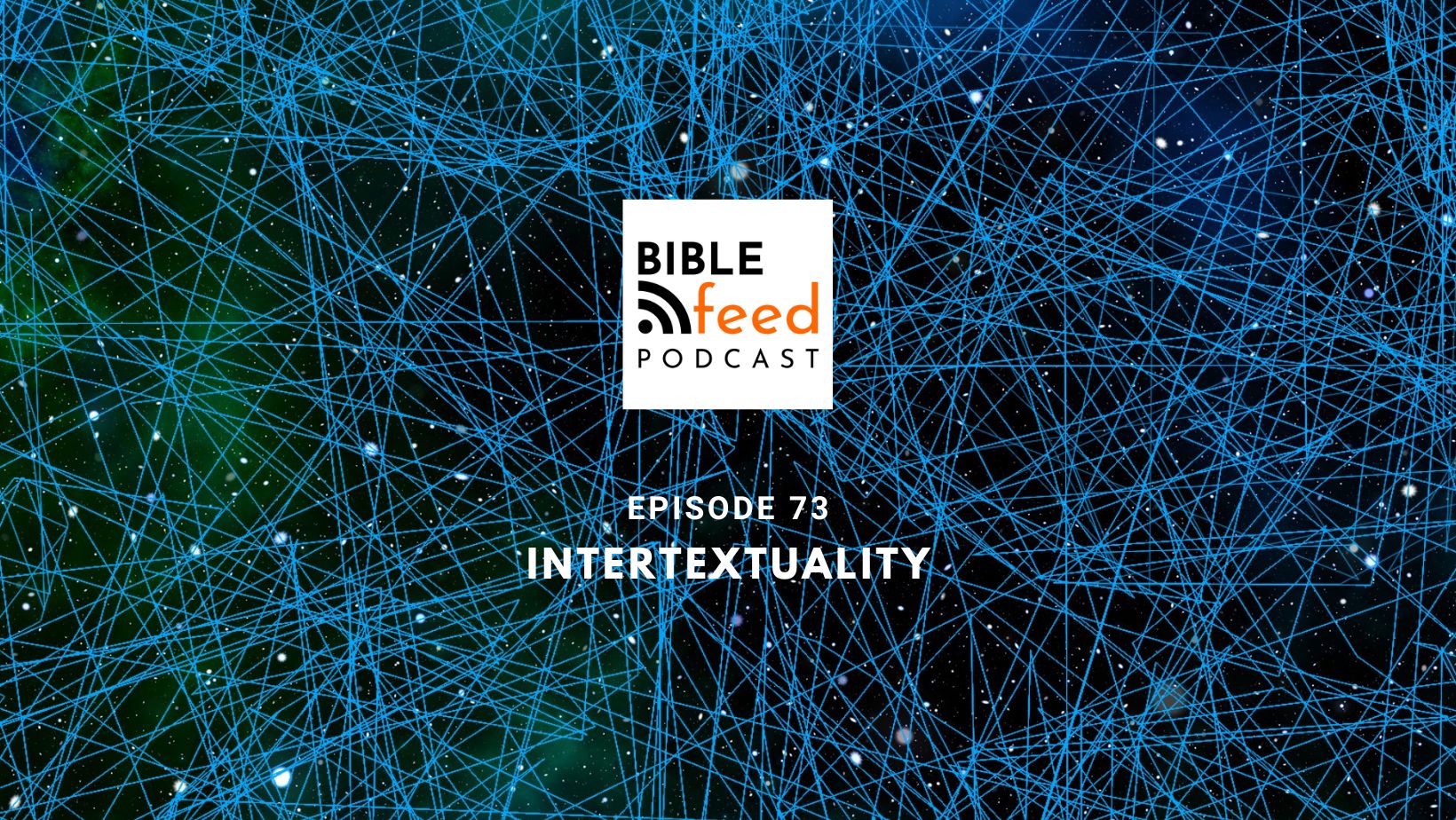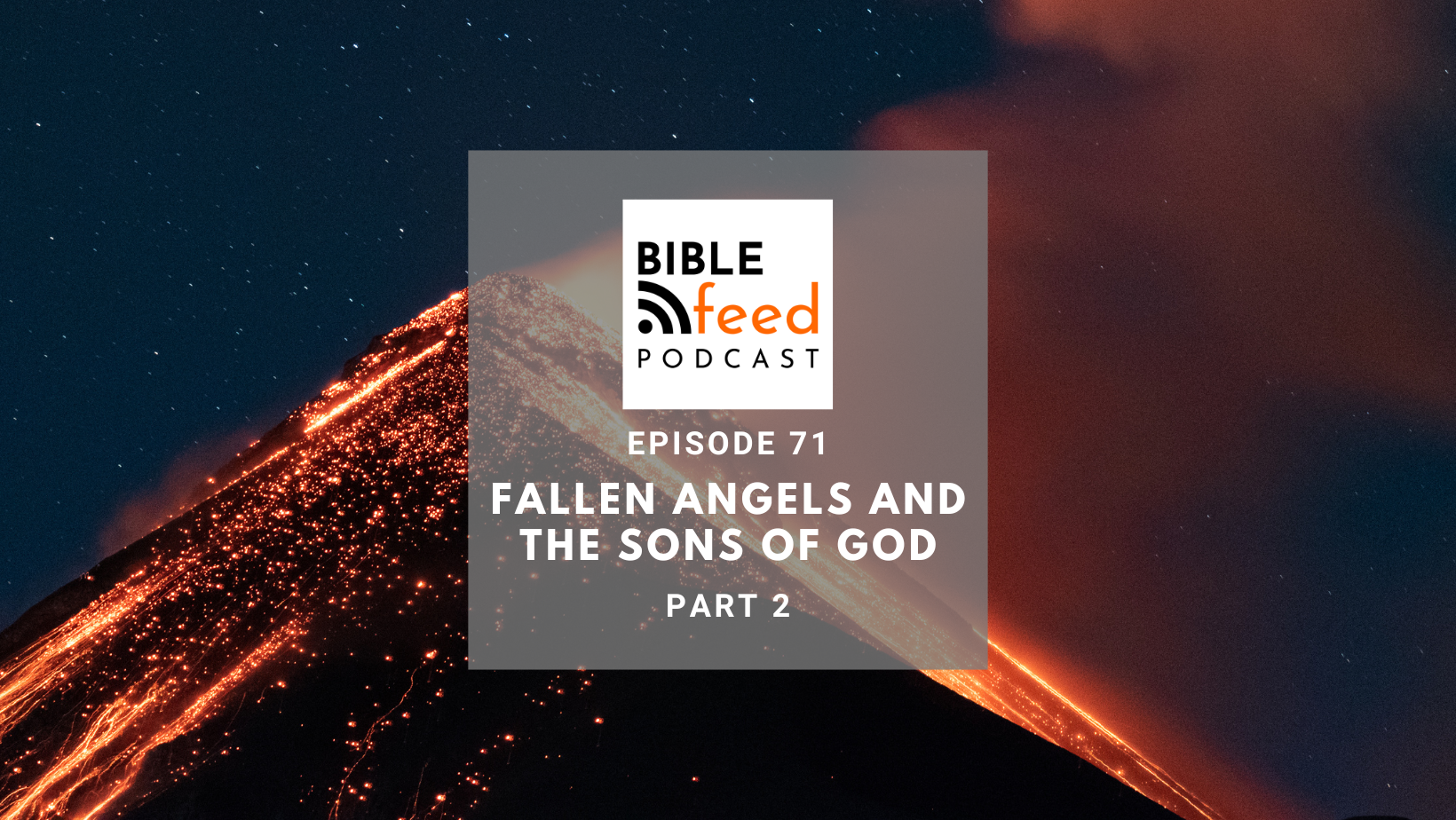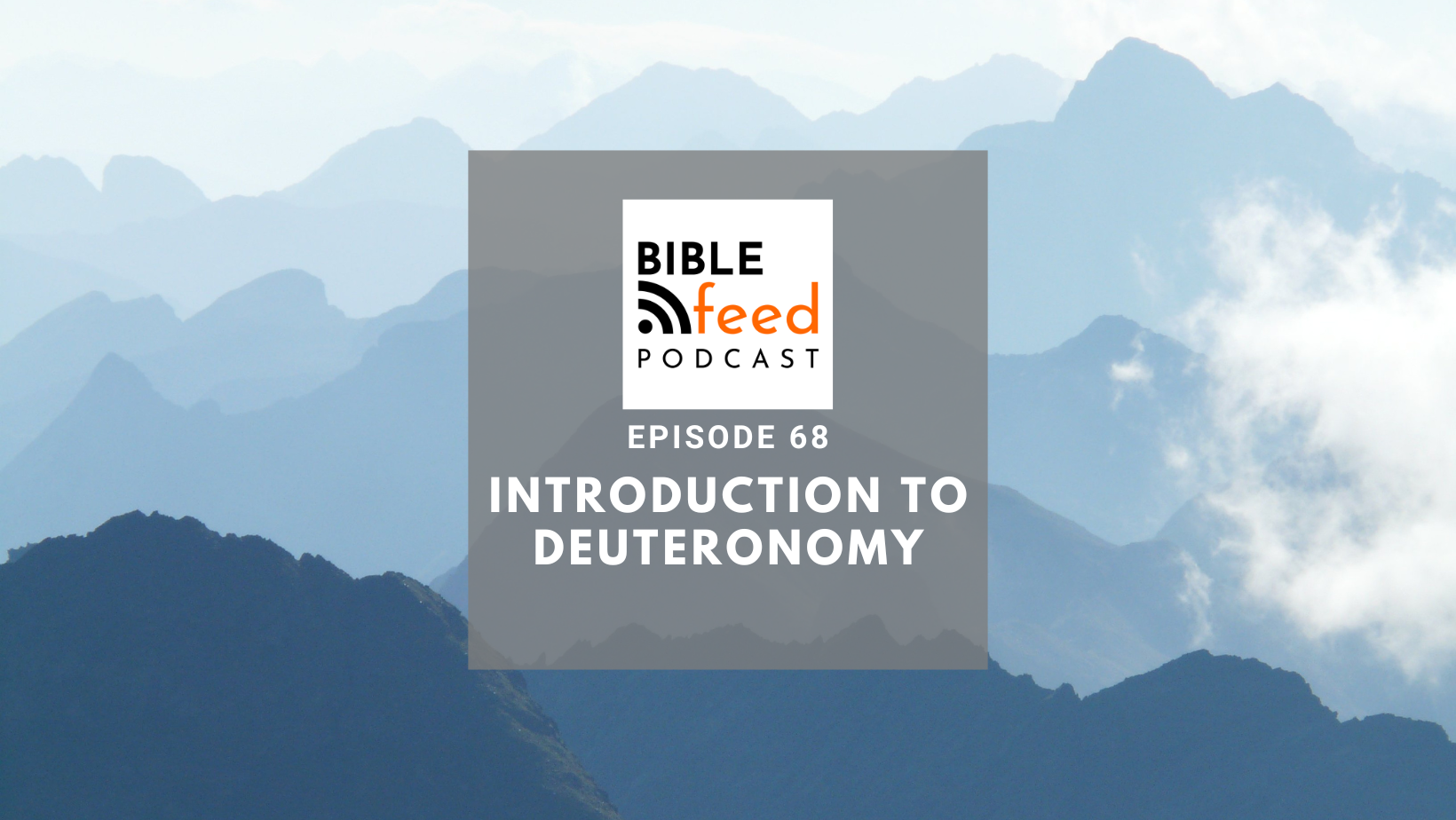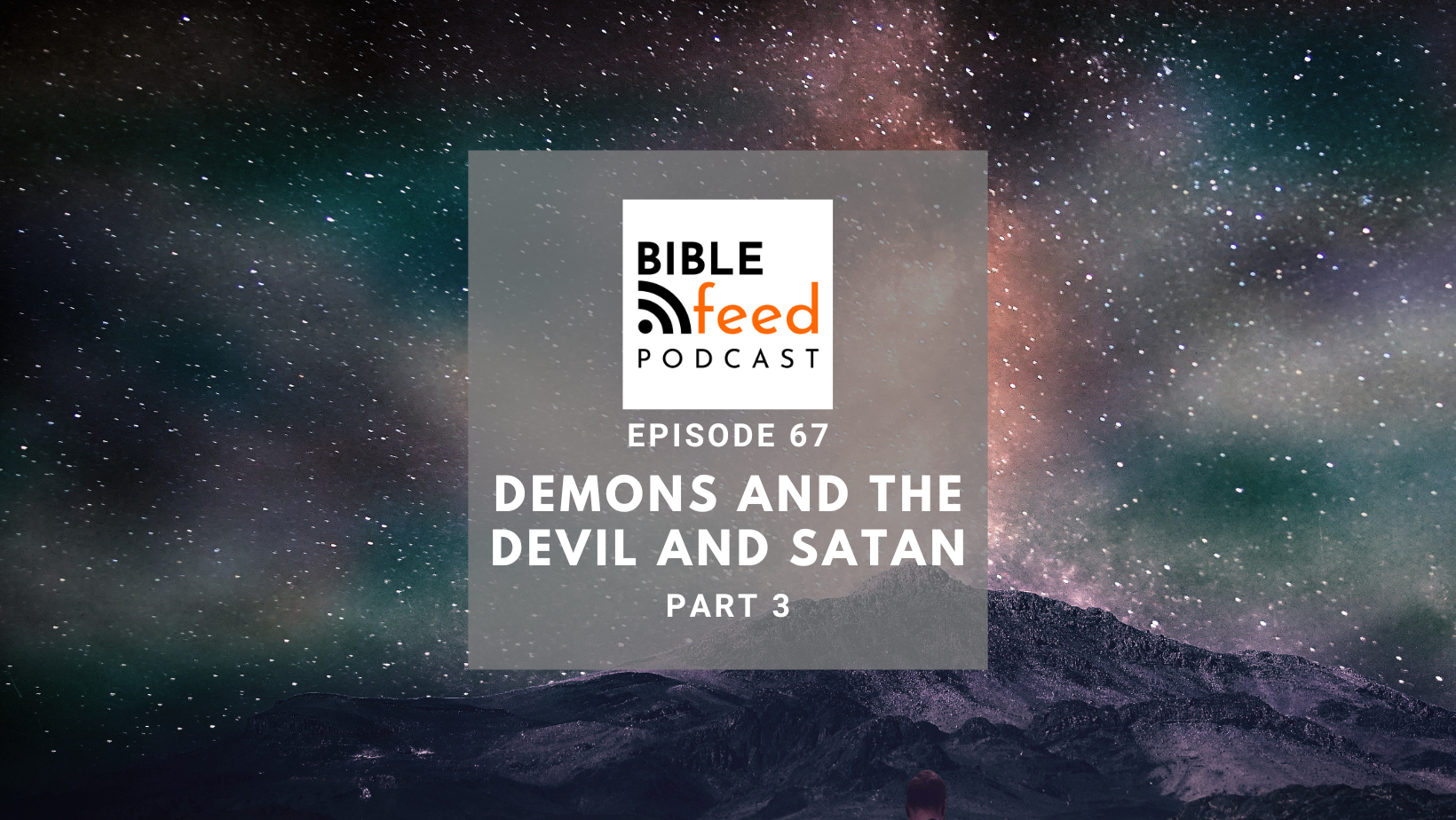Paul and Dan talk about "intertextuality" - basically, how the meaning of a text is influenced by references to other texts. The Bible (not surprisingly) is full of links between its 66 books. But how far can we take this? Can we go too far and see patterns where there are none (like seeing the face of Jesus in a slice of toast)?!
We continue our exploration of the Divine Council worldview by looking at claims made about verses in Deuteronomy 32, the introduction to the book of Job and Psalm 82. It is useful to understand the cultural background to the text of the Bible, but we conclude that it's also important to avoid being distracted by speculative ideas from the main thrust of the Bible message about Jesus reconciling humans to God.
In this episode, we finish our series on the 5 books of Moses, the Torah, by looking at Deuteronomy. We find that this book acts as a stage-setter, defining how leaders of this ancient people will be described for the next 600 years. Remarkably, Deuteronomy also makes a surprise appearance at the end of that history, just before Israel were exiled to Babylon.
Where do demons fit into a Biblical theology? We look at the few places they appear in the Old Testament and find them linked to the idols worshipped by the peoples around the ancient Israelites. It turns out they are presented as having no real existence or power. So why do demons suddenly make a large appearance in the Gospels?
We begin a new series in which we explore the deep questions around the relationship between God and Jesus, the Son of God. In this episode Josh Dean and Paul Davenport look at how Unitarians and Trinitarians both look at the same scriptural ‘raw materials’ but come to different conclusions. Why is that? How should we evaluate whether one view is more appropriate than the other? Are they both truly Christian perspectives?





